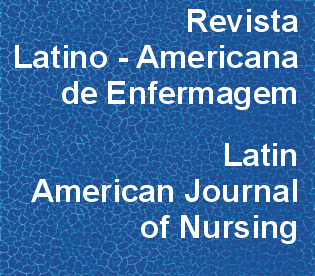Social inequalities and access to health: challenges for society and the nursing field
DOI:
https://doi.org/10.1590/1518-8345.0945.2687Abstract
Objective to present a critical reflection upon the current and different interpretative models of the Social Determinants of Health and inequalities hindering access and the right to health. Method theoretical study using critical hermeneutics to acquire reconstructive understanding based on a dialectical relationship between the explanation and understanding of interpretative models of the social determinants of health and inequalities. Results interpretative models concerning the topic under study are classified. Three generations of interpretative models of the social determinants of health were identified and historically contextualized. The third and current generation presents a historical synthesis of the previous generations, including: neo-materialist theory, psychosocial theory, the theory of social capital, cultural-behavioral theory and the life course theory. Conclusion From dialectical reflection and social criticism emerge a discussion concerning the complementarity of the models of the social determinants of health and the need for a more comprehensive conception of the determinants to guide inter-sector actions to eradicate inequalities that hinder access to health.Downloads
Download data is not yet available.
Downloads
Published
2016-01-01
Issue
Section
Original Articles
License
RLAE’s authorship concept is based on the substantial contribution by each of the individuals listed as authors, mainly in terms of conceiving and planning the research project, collecting or analyzing and interpreting data, writing and critical review. Indication of authors’ names under the article title is limited to six. If more, authors are listed on the online submission form under Acknowledgements. The possibility of including more than six authors will only be examined on multicenter studies, considering the explanations presented by the authors.Including names of authors whose contribution does not fit into the above criteria cannot be justified. Those names can be included in the Acknowledgements section.
Authors are fully responsible for the concepts disseminated in their manuscripts, which do not necessarily reflect the editors’ and editorial board’s opinion.
How to Cite
Fiorati, R. C., Arcêncio, R. A., & Souza, L. B. de. (2016). Social inequalities and access to health: challenges for society and the nursing field . Revista Latino-Americana De Enfermagem, 24, e2687-. https://doi.org/10.1590/1518-8345.0945.2687



